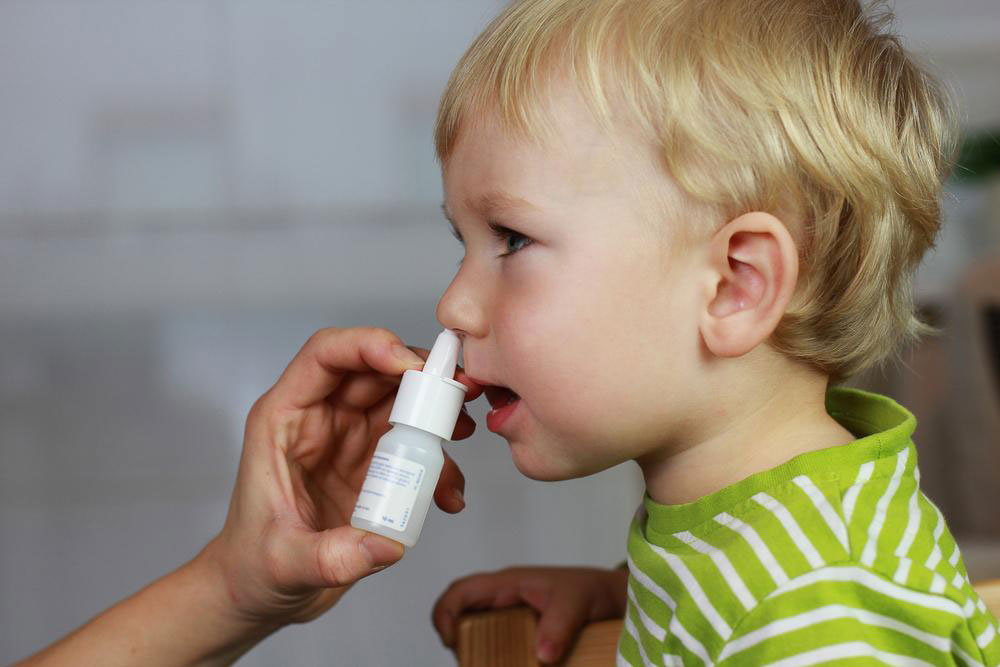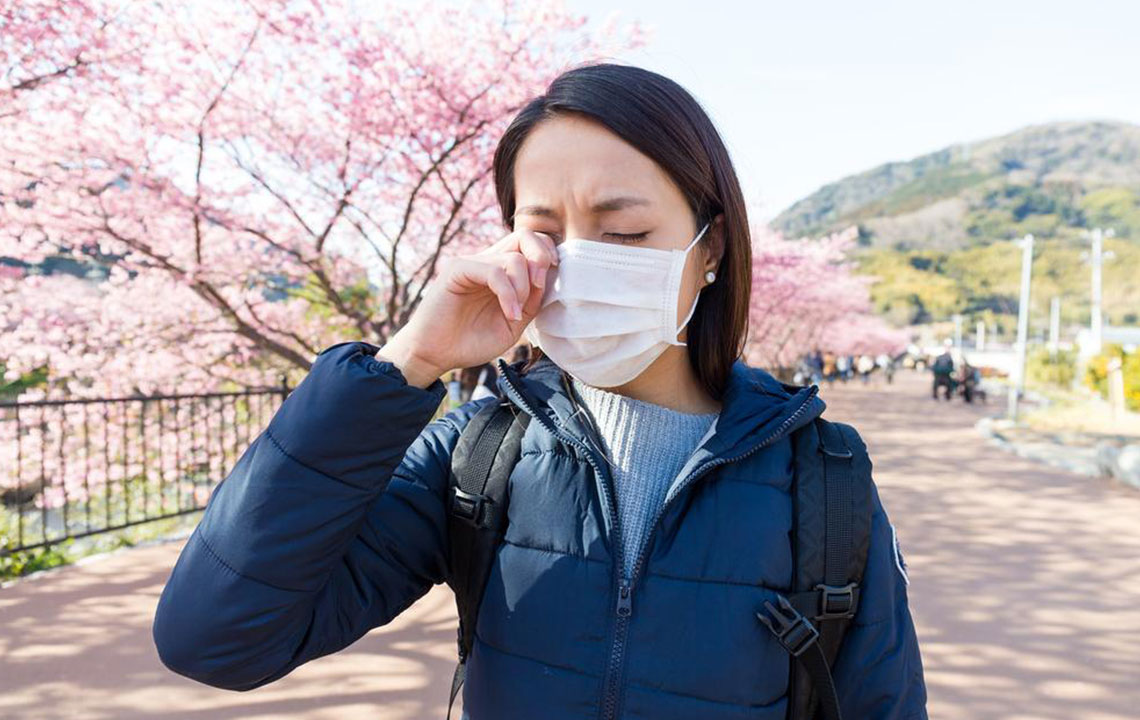Child Allergy Management: Effective Strategies and Treatments
Discover effective allergy management options for children, including symptom recognition, triggers, and treatments like antihistamines, nasal sprays, and dietary precautions. Consult healthcare professionals for safe and tailored allergy care.

Child Allergy Management: Effective Strategies and Treatments
Young children are particularly vulnerable to allergic reactions, especially food allergies, due to their developing immune systems. Common food allergens include dairy, eggs, peanuts, soy, wheat, nuts, fish, and shellfish. Recognizing early signs of allergies is essential for appropriate care.
Typical allergy symptoms in children:
Skin irritation or eczema
Breathing issues such as asthma
Runny nose, coughing, or cold-like symptoms
Itching or watery eyes
Sneezing
Stomach discomfort
Dizziness
Common allergy triggers include:
Outdoor allergens like insect stings, pollen, and plants
Indoor factors such as dust mites and mold
Pet fur or dander
Irritants like cigarette smoke, fragrances, or vehicle emissions
Food allergies, especially nuts, milk, and related products
Effective allergy relief options for children:
Because children are more sensitive, choosing suitable allergy medications is crucial. Here are common treatment options:
Antihistamines: These medications block histamine, reducing symptoms like sneezing, runny nose, and congestion. They act quickly and are suitable for mild allergies. OTC options include:
Cetirizine (Zyrtec)
Diphenhydramine (Benadryl)
Fexofenadine (Allegra)
Loratadine (Claritin, Alavert)
Notes before use:
Short-acting types need doses every 4-6 hours
Long-acting forms are dosed once daily every 12-24 hours
Possible side effects include dry mouth and sleepiness; ensure hydration
Nasal Sprays: For nasal congestion, corticosteroid sprays help reduce swelling and improve airflow. Use before allergy seasons or as directed by your doctor. Examples:
Flonase
Nasacort OTC
Rhinocort
NasalCrom
Follow healthcare provider instructions for proper use.
Eye Drops: To ease itchy, watery eyes, antihistamine or mast cell stabilizer eye drops are recommended. OTC options include:
Zatidor
Visine-A
Opcon-A
Use as directed for safety.
Food Allergies: Avoidance of allergenic foods is key. If accidental ingestion occurs, seek immediate medical attention. Removing known allergens from your child's diet ensures safety.
Consult your pediatrician before starting any medication or introducing new foods to ensure safe allergy management for your child.
Important reminder:
Our blog offers useful information on various topics. While we aim for accuracy, it should not replace professional medical advice. Always consult healthcare experts for personalized recommendations. We are not responsible for discrepancies or product offer issues discussed.


